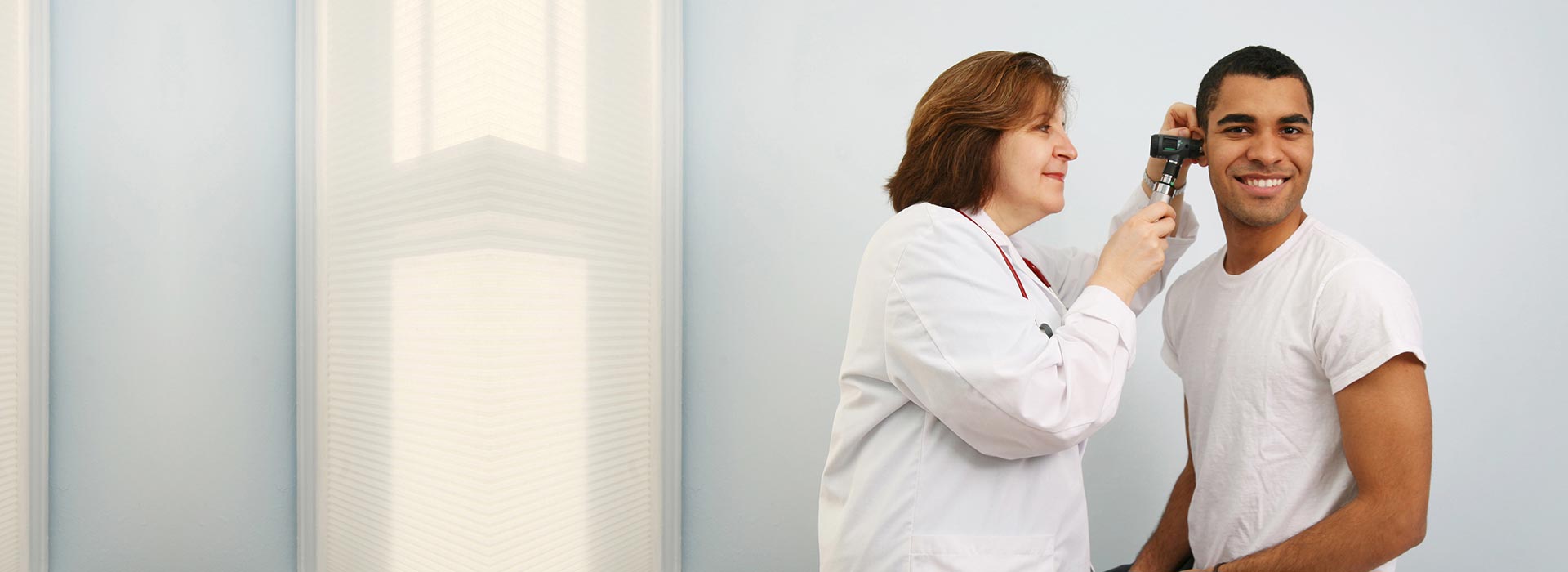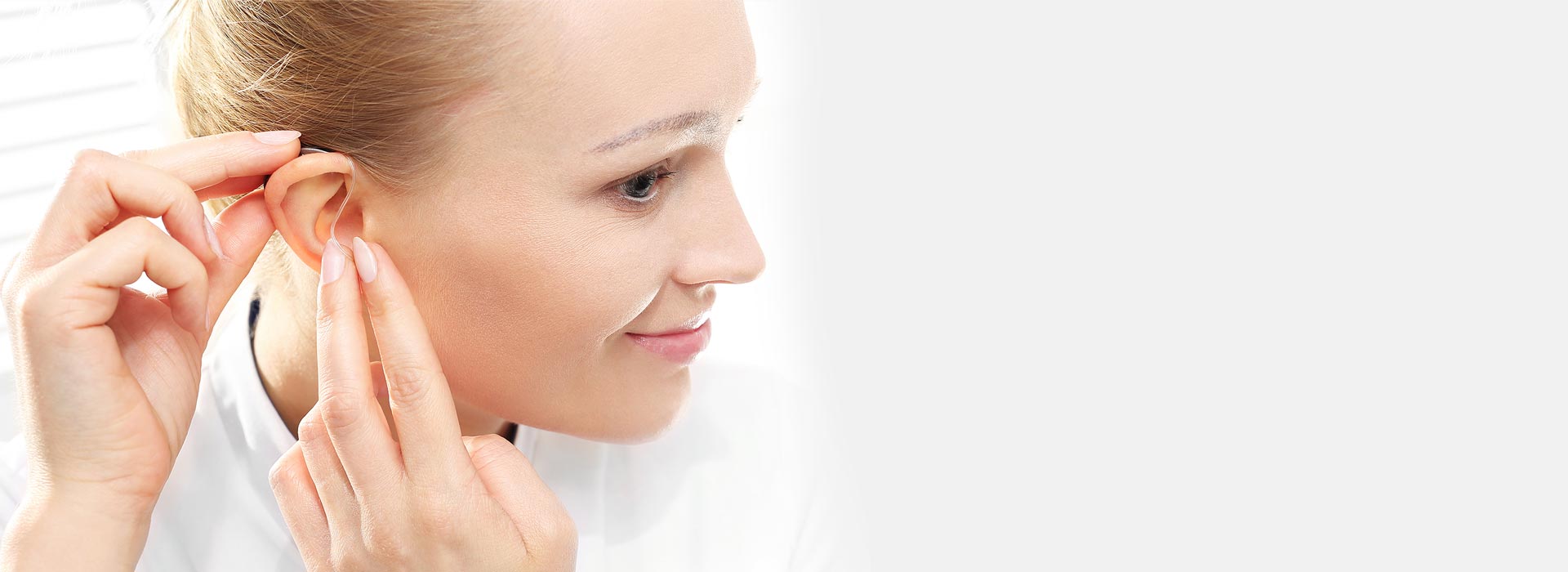Quiz yourself: Should I get my hearing checked?
Answer a few questions to see if you could benefit from a hearing test.*

In general, the earlier you seek help for your hearing loss, the more effective your treatment will be. Therefore, we encourage you to reach out for for help as soon as you notice early signs of hearing loss. Learn more below.
“I asked myself: Why compromise if I can do something about it? And this is why I contacted an expert.
I wanted to get back at performing 100%. I wanted life to be as it used to be. I wanted to change my life”
|
Audio |
Visual |
|
Music
I sometimes receive feedback from my students - thanking me for my way of teaching.
|
Louise walks into the classroom and prepares for class |
|
Music
To experience engaged and motivated students – it is the greatest gift. You know when they show their passion about my teaching, I feel committed to perform even better. |
Louise is teaching and interacting with the students |
|
Music
Discussions with engaged students, the debates, the academic arguments, the different perspectives that we discover through the two-way communication. I really need to maintain these communication skills in order to do my job to perfection
|
Louise is talking with a student after class |
|
Music
At one point I was not able to be 100% present in the discussion My first reaction was, now my students do not see me as competent and sharp. But then I asked myself, why compromise if I can do something about it? |
Zoom in clip of Louise talking |
|
Music
And this is why I contacted an expert. I wanted to get back at performing 100%
|
Louise is seen talking with an audiologist in a clinic. Zoom in on Louise’s hearing aids on her ear. |
|
Music
I wanted life to be as it used to be. I wanted a life-change |
Louise interacts with students who raise their hands in class |
|
Music |
White screen: HearingLife logo |

Answer a few questions to see if you could benefit from a hearing test.*
Your answers indicate that you experience symptoms of hearing loss. We strongly recommend booking a hearing assessment in one of our hearing centers.
The result is an indication. An in-person hearing assessment can determine if you have a hearing loss.
Your answers indicate that you experience some symptoms of hearing loss. We recommend booking a hearing assessment in one of our clinics.
The result is an indication. An in-person hearing assessment can determine if you have a hearing loss.
Your answers do not indicate that you experience symptoms of hearing loss. However, we encourage you to book a complimentary hearing assessment to establish a baseline.
The result is an indication. An in-person hearing assessment can determine if you have a hearing loss.

If any level of hearing loss is left untreated, the brain gradually loses its ability to process information (due to the lack of auditory stimulation).
This means that the longer you wait to seek treatment, the harder it will be for your brain to make sense of sounds, and the longer it will take to get used to wearing hearing aids.

Most types of hearing loss are treated with hearing aids. For those with more severe hearing loss, there are other options available, such as a cochlear implant or a bone-anchored hearing system.⁶
Hearing aid technology has progressed significantly over the past two decades, improving the quality of hearing aids and delivering an exceptional customer experience.³ ⁴
If you experience any of the following signs, you should seek medical attention immediately.
Call us immediately if you experience symptoms of sudden hearing loss.